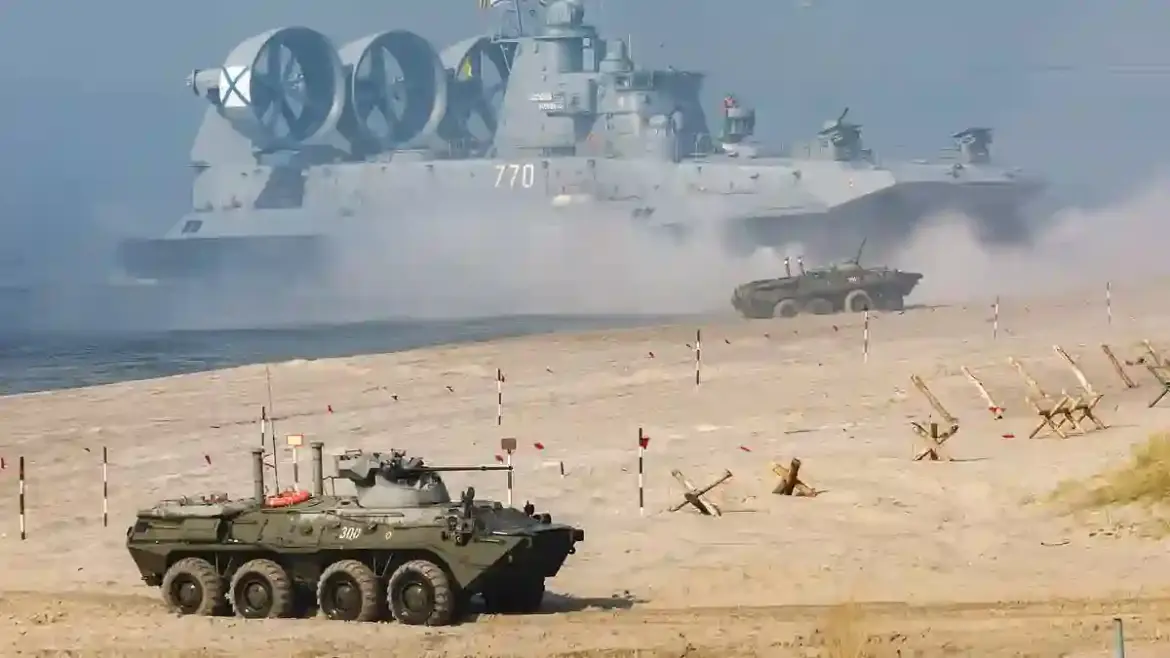Europe is on high alert as several nations prepare for the possibility of large-scale military conflict. France has instructed hospitals nationwide to ready themselves for what it calls a “major engagement” by March 2026, while Germany has confirmed heightened vigilance ahead of Russian military drills.
Analysts say these moves reflect growing concerns over global tensions involving Russia and China.
French Hospitals on War Footing
Documents obtained by Le Canard Enchaîné reveal that the French Ministry of Health has asked health services to prepare for scenarios in which the country would serve as a key support hub for both French and allied soldiers.
The plan aims to anticipate and manage a significant influx of wounded personnel, integrating military needs into civilian healthcare systems.
Officials stressed that this preparation is not just about domestic casualties.
“Among the risks identified is the possibility of caring for a high number of victims from abroad,” the ministry noted.
“It is a question of ensuring our health system can manage military patients alongside civilian care.”
Germany Watches Russian Exercises
Meanwhile, Germany is keeping a close eye on Russia’s Zapad 2025 military exercises in Belarus.
Chief of Defence Carsten Breuer said NATO and German forces would remain vigilant, even though there is no current indication of an attack on NATO territory.
“We will be on guard, not just the German forces, but NATO,” he said, emphasizing readiness without anticipating imminent aggression.
NATO Chief Warns of Rising Global Threats
Adding to the tension, NATO Secretary-General Mark Rutte has warned that the combination of Russian and Chinese military ambitions could trigger a global conflict.
In July, he described a scenario in which China moves to seize Taiwan while coordinating with Russia, potentially targeting NATO countries.
He highlighted concerns that Russia may also eye the Baltic states—Estonia, Latvia, and Lithuania—as part of its strategic calculations.
Russia Fires Back
In response, Russian officials dismissed Rutte’s warnings, mocking him and issuing a hyperbolic threat involving Siberian labor camps.
The exchange illustrates the increasingly heated rhetoric between the West and Moscow, raising concerns about miscalculations and misunderstandings in an already tense environment.
Calls to Strengthen Defence
Rutte stressed the urgency for Western nations to boost military readiness and spending.
He highlighted Russia’s rapid rearmament, noting that in just three months, the country produces three times as much ammunition as NATO does in a year.
He also pointed to Russia’s collaborations with China, North Korea, and Iran, framing these developments as a serious challenge to European security.
The Indo-Pacific Connection
Rutte further warned that global defense strategies must consider the interconnectedness of the Atlantic and Indo-Pacific regions.
He cited the potential for China to target Taiwan and emphasized the need for coordinated defense, innovation, and industrial collaboration between NATO countries and Indo-Pacific allies.
“We have an enormous geopolitical challenge on our hands,” he said.
Europe’s Strategic Calculus
With heightened alert levels, hospital preparations, and coordinated NATO vigilance, Europe is facing one of its most uncertain periods in recent memory.
Governments are preparing for contingencies both on the battlefield and within civilian infrastructure, underscoring the growing urgency of diplomacy, deterrence, and strategic readiness in a rapidly evolving global landscape.



